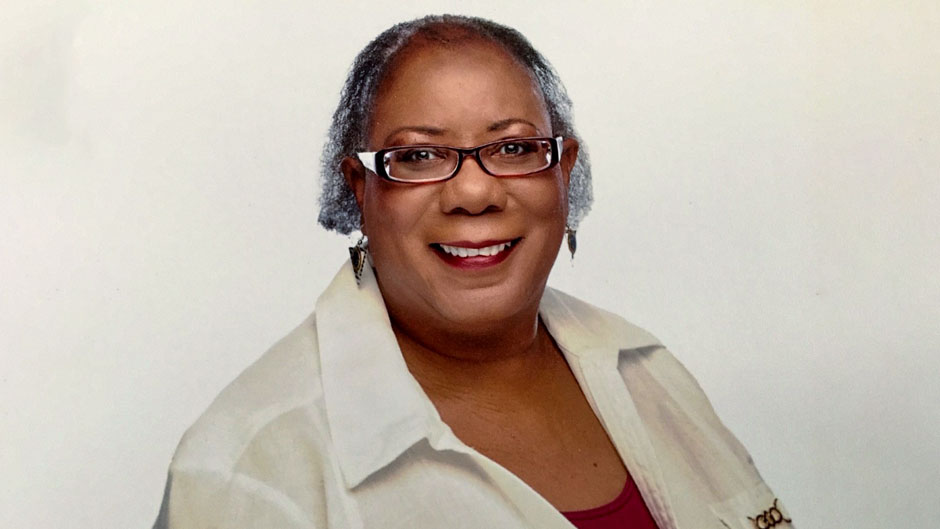One could say that “language” is in Arlene Clachar’s DNA.
The University of Miami professor emerita, who taught linguistics at the School of Education and Human Development for 20 years, has devoted her entire professional life to studying language and teaching how culture affects the way people express themselves.
“My work at UM focused on the genetic emergence and evolution of Atlantic Creoles and the indigenization of European colonial languages,” said Clachar, who was raised in Jamaica and speaks Creole along with three other languages.
“Since Miami-Dade and Broward counties have the second largest population of Creole-speaking children in U.S. public schools, my research also looked at the linguistic characteristics of Atlantic Creoles and how these features create unique literacy challenges for their speakers learning Standard English,” she added.
In 1993, she was awarded a Fulbright Scholarship and went to Turkey to study the country’s accession to the European Union and its effect on the sociolinguistic landscape of English in Turkey, she said.
Clachar’s experience also included an 11-year stint at the Inter-American University of Puerto Rico–San German campus, where she conducted research comparing how the effect of two superpowers affected the learning of the dominant languages.
“I did research on how Russia and the United States, with the same goals of domination and denationalization, through their language policies, managed to shape very different language learning outcomes in Estonia and Puerto Rico,” she said. That study showed that in almost 50 years of domination over Estonia, that population did learn Russian, but in more than 100 years of U.S. colonization of the island of Puerto Rico, only 20 percent of its citizens had learned English.
Clachar developed an interest in the linguistic, educational, and ideological ramifications of the breakup of the Soviet Union and the emergence of independent countries in South Central Asia.
That interest led to her most recent achievement. She was selected by the U.S. Department of State as an English Language Specialist for a three-month project to develop a book entitled “Understanding the Speech Act Communities in the United States, Uzbekistan and Russia: A Sociolinguistic Approach to Foreign Language Learning.”
As a specialist, she will collaborate with colleagues in Uzbekistan and Russia to examine how residents in the three countries use “speech acts.” These are overt and often covert actions used when speaking, such as “complaining, complimenting, apologizing, refusing, and congratulating,” she explained.
Clachar will gather data in the U.S., and the book will eventually be used by educators in the three countries to provide students with knowledge of how different cultures and speech habits influence language in the various societies. The researcher is part of a select group, because her project is one of 130 that the English Language Specialist Program supports each year.
The program is the premier opportunity for leaders in the field of teaching English to speakers of other languages to enact meaningful and sustainable changes in the way that English is taught abroad, according to a press release from the State Department.
Through projects developed by U.S. Embassies in more than 80 countries, EL Specialists work directly with local teacher trainers, educational leaders, and ministry of education officials to exchange knowledge, build capacity, and establish partnerships benefiting participants, institutions, and communities in the United States and overseas.

